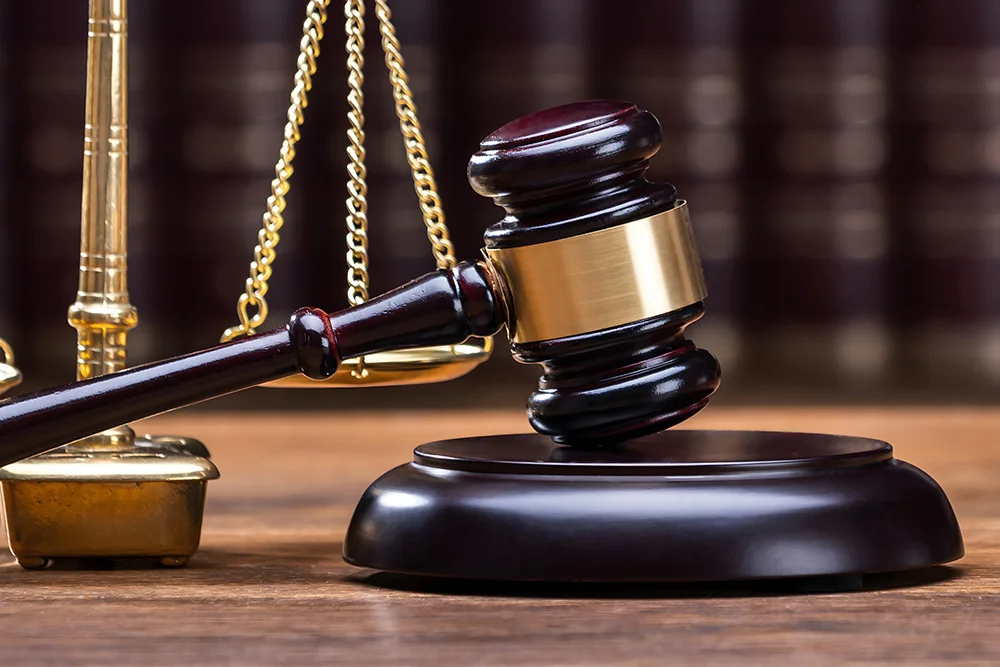When a loved one is arrested and charged with a crime, it is natural you want to secure their release as soon as possible. They will appear before a judge who sets a bail amount. But the bail amount may be more than what you have on hand, so you contact a bail bond agent who posts the bond and secures your loved one’s release.
Some bail bond agents may offer no-collateral bail bonds. But what is a bail bond, collateral, and no-collateral bond? Read on to know more.
What is a Bail Bond?
Bail set by the court ensures that a loved one can meet work obligations, resume family life, and assist in their defense. Defendants who lack the resources to post the set bail may face a long jail stay until trial. The result may be estrangement from family and lost employment.
A licensed bail bond agent or agency provides a bail bond. The agent vouches for you or your loved one in court, ensuring appearance when required.
Think of a bail bond as a loan, but you show up in court instead of paying it off. Bail bonds help you:
- Save money since you are paying only a small percentage of the full bail amount;
- Pay small bail bond installments with checks, credit or debit, and cash;
- Save time by paying off 100% of the cash bail for the release of the defendant from jail, but gathering this money on your own can take some time;
- Gain professional and helpful bail advice throughout the entire process so you know what is going on.
Understanding how bail bonds work helps shed more light on an otherwise dark situation for you or your loved one.
Some defendants may find it difficult to raise the cash required to secure bail. They have the option to get the services of a bail bonds agency by putting up material collateral.
Types of Collateral That Can be Used
Collateral is a thing of value that an individual offers a lender as security to ensure the loan will be repaid. Common types of bond collateral include:
- Real estate
- Jewelry
- Vehicles
- Precious metals
- Firearms
Do all bail bonds require collateral? No. There is the option of a no-collateral bail bond.
What Are No-Collateral Bail Bonds?
A no-collateral bail bond means you do not need to put up any form of collateral to secure the bond for yourself or a loved one. However, skipping the bond means you pay the rest of the bond personally.
For this bond, the defendant and indemnitor (guarantor) guarantee the bond by signing papers. Some people will term no-collateral bail bond as a “signature bond” in some circles, but it would be misleading to call it so. What you are signing is an indemnity agreement and a promissory note to guarantee the total bond amount.
The best thing about no-collateral bail bonds is that you do not need property to put on the line or rustle up money. These bonds allow defendants to get back to work quickly.
Not putting up collateral means a defendant, or yourself, only pays a small fee. But the defendant must show up for hearings to prevent going back to jail and paying the bond.
How No-Collateral Bail Bonds Work
These are the steps for getting a no-collateral bond:
- The judge or magistrates sets bail for a defendant
- The defendant must show an inability to pay part of the bond and a bail bond agent assumes 85 to 90% of bond responsibility
- The defendant signs a no-collateral bond
- A defendant must have a family member or friend signatory who will sign the promise that they will appear at all court hearings
- The judge or magistrate approves the bond arrangement
When Can You Qualify for a No-Collateral Bail Bond (And When Can You Not)?
Eligibility for bail bonds without collateral depends on various factors, including:
- Criminal background
- Type of crime the defendant is in going to court for
- Credit history
- Length of time a defendant has been living or is in employment in an area
Individuals with previous skips or charged with violent crimes and felonies may not receive a no-collateral bond. Further, a history of failure to pay bills suggests to the bonding agent you might not show up to court and pay bail in case you skip.
Contact a Bail Bond Agent Today
When you or someone you know is arrested and cannot post the cash bail required, get in touch with a licensed bail bond agent. The professional will take the time to answer your questions and let you know if you need to post collateral.
Bail City Bonds can help you learn if you qualify for no-collateral bail bonds. Fill out our online bail application today and let us help you.

